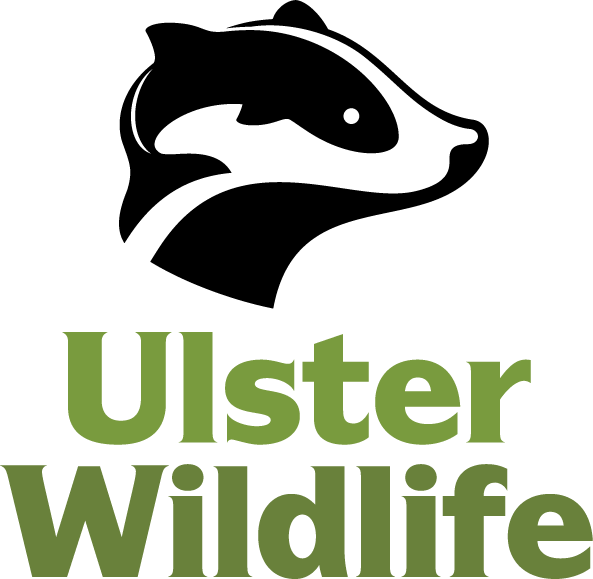Dr Peter McEvoy, Head of Land Management at Ulster Wildlife, stated: “Northern Ireland’s water bodies are under serious threat. Overburdened with chemicals and sewage, they can no longer cope or recover naturally. Systemic change is urgently needed. Our rivers, lakes, and seas should be healthy, abundant ecosystems supporting both nature and safe recreation, but this vision sadly remains far from our present reality, highlighted by the well-documented issues in Lough Neagh.”
The NAP proposes several measures to address nutrient pollution from farming and food production that is impacting the health of Northern Ireland's water bodies. Nutrient pollution refers to the excessive presence of nitrogen and phosphorus in water, mainly from slurry spreading and fertiliser use on fields, but also from wastewater, sewage and other point sources. When washed into watercourses by rainfall, it can lead to harmful algal blooms, dead zones in water bodies, fish kills and ecosystem damage – it can also pose a threat to human and animal health.
Many of the proposed actions in the NAP could help to improve long-term environmental outcomes. We need action at pace to future-proof our land, farms and sustainable food production. The status quo is not an option to achieve a clean, healthy, functioning water environment.
Northern Ireland’s water bodies are under serious threat. Overburdened with chemicals and sewage, they can no longer cope or recover naturally. Systemic change is urgently needed. Our rivers, lakes, and seas should be healthy, abundant ecosystems supporting both nature and safe recreation, but this vision sadly remains far from our present reality, highlighted by the well-documented issues in Lough Neagh
Ulster Wildlife recognises the progress made by the farming sector to date and acknowledges the challenges ahead in adapting to new regulations and practices, particularly amid rising costs and a continuously shifting policy landscape. For this reason, the charity is calling for a strong programme of advice, investment and long-term support to enable a just and workable transition. For example, the roll-out of the world-leading Soil Nutrient Health Scheme (SNHS) is already assisting farmers with efficient fertiliser use, but more investment in bespoke and accessible education and advice is required to help farmers act on their soil data and make informed nutrient management decisions.
In addition, agriculture alone should not carry the burden. Significant investment in sewage and wastewater infrastructure is urgently needed to address parallel nutrient pollution from sewage and industrial sources. The pollution crisis in our waterways will not be solved without joined-up action across all sectors.
Ulster Wildlife works alongside many farmers in delivering nature’s recovery and supports the integration of nature-based solutions, such as uncultivated field margins, riparian buffers, tree planting and wetland/peatland restoration within the NAP. These measures can deliver multiple benefits, including a reduction in nutrient pollution, enhanced biodiversity and climate resilience. These solutions must be supported by long-term agri-environment schemes and capital investment measures to assist farmers in implementing sustainable practices, where improving the natural environment is viewed as a profit centre on the farm.
To ensure the NAP delivers for people, nature, and farming, Ulster Wildlife is calling for:
- A well-funded agri-environment programme that properly rewards sustainable land management;
- Targeted support for capital investment in technology and infrastructure;
- Investment in nature-based interventions to tackle pollution at source;
- Increased education, advice and monitoring with a mechanism to tighten standards if ecological improvements are not achieved.
This consultation gives all sectors the opportunity to put forward their views, and Ulster Wildlife will be submitting a full response to the NAP Consultation, as this programme is a critical opportunity and an important part of the actions required to reverse the decline of Lough Neagh and other water bodies.
Water quality is not just an environmental issue; it’s a societal challenge, affecting health, recreation and economic resilience. Only through sustainable funding and urgent, science-led decision-making can we restore our waters for future generations.
You can find more details and how to respond to the consultation here: Public Consultation launched on the Nutrients Action Programme to Improve Water Quality | Department of Agriculture, Environment and Rural Affairs
